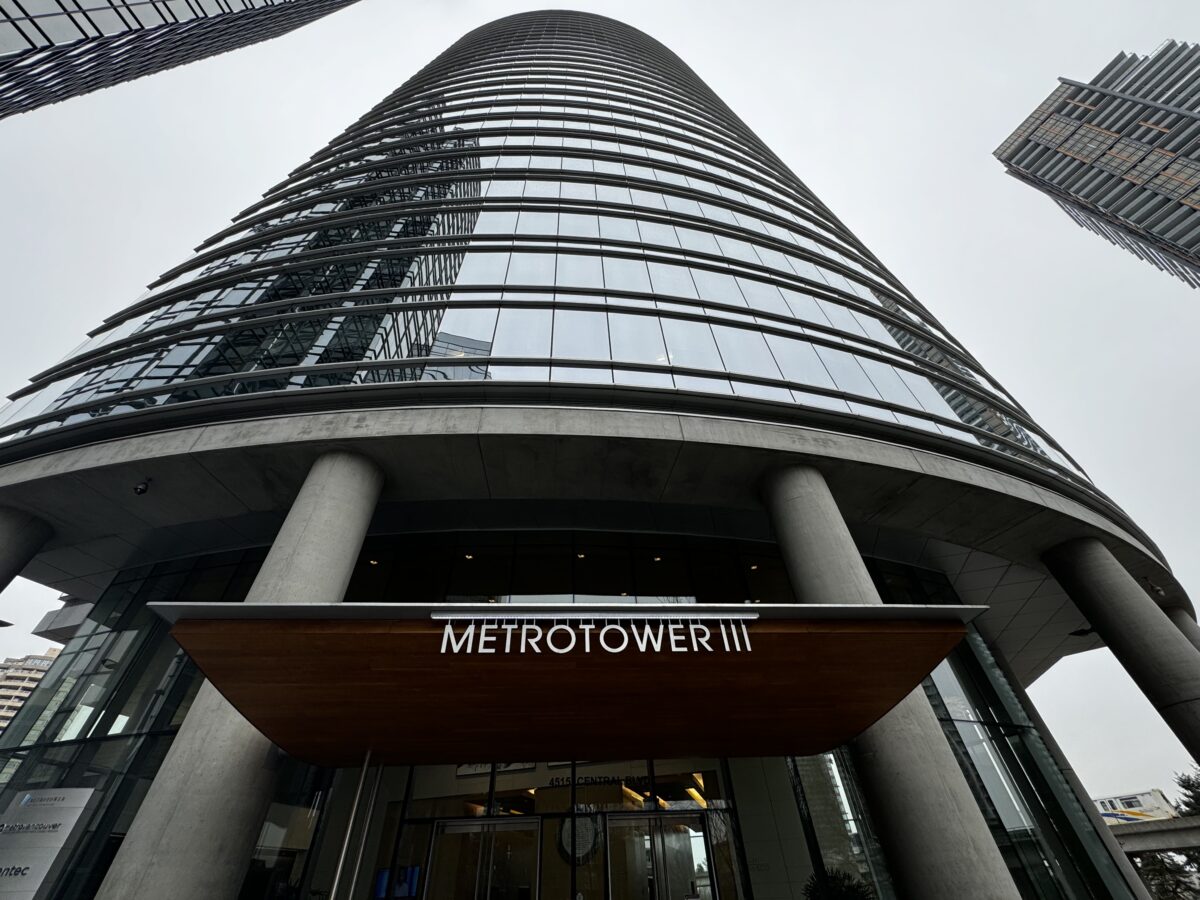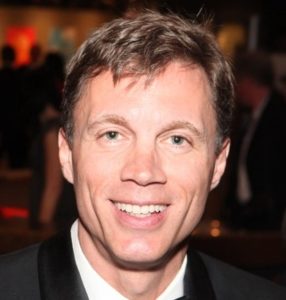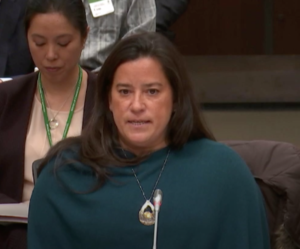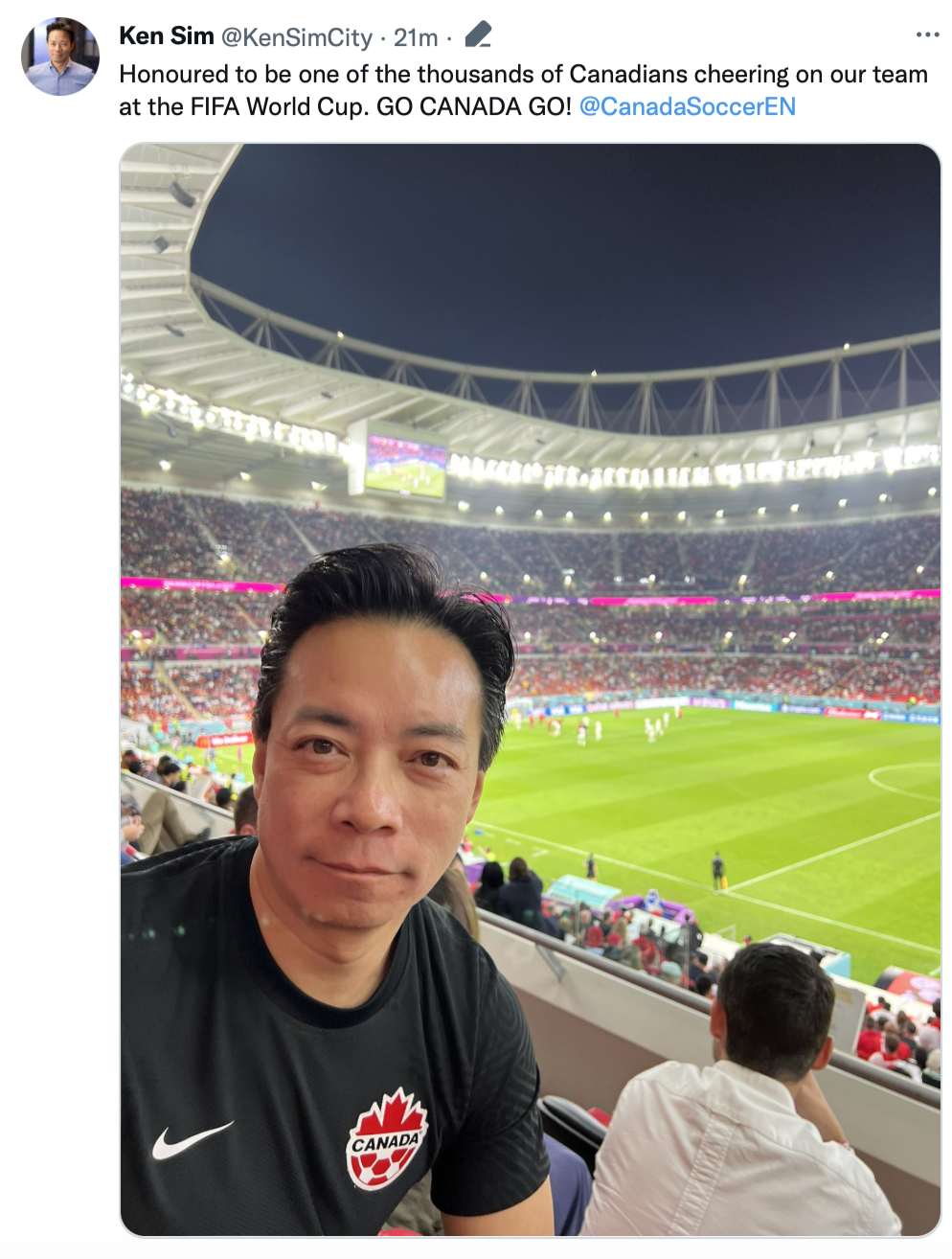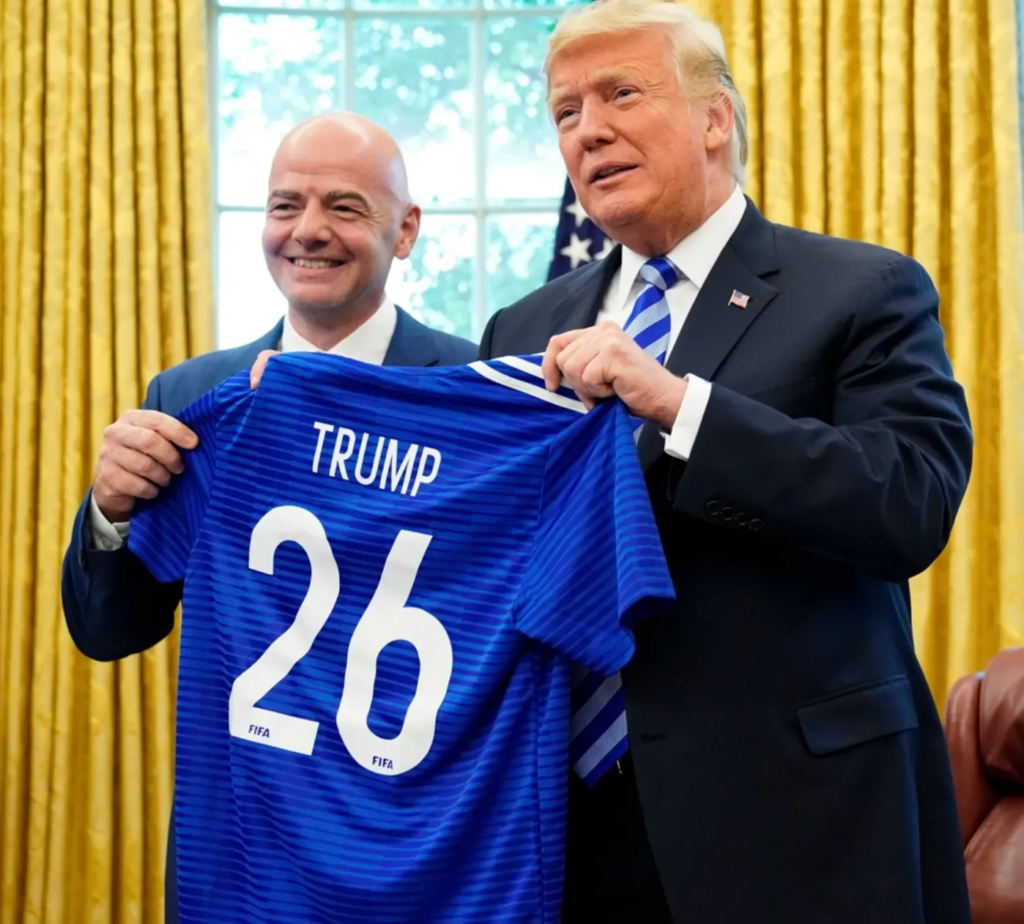Inside Metro Vancouver’s communications spending
Bob Mackin
Employees of Metro Vancouver’s communications and marketing department cost taxpayers an average $130,124 during the most-recent year disclosed.
The regional government, whose board members are not directly elected, provided the department staff list under freedom of information. Nine of the 13 were on the June-released 2023 sunshine list, which contains first and last names of staff, but not their titles.
McCuaig received $192,274 in base salary payments, $24,645 in taxable benefits and other payments and charged $4,998 in expenses.
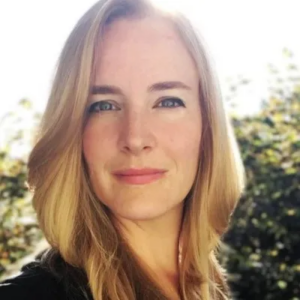
Metro Vancouver director of communications Amanda McCuaig. (LinkedIn)
Shellee Ritzman, the division manager of corporate communications, received a total $168,640: $139,816 in base salary, $22,300 in taxable benefits and $6,524 in expenses.
Others: Alison Schatz, senior communications strategist, $121,540 (total); Jay Soper, communications strategist, $116,807; Dana Carlson, external program coordinator, $114,599; Carol Nicholls, communications strategist, $114,243; Greg Valou, communications strategist, $109,044; Alisa Drinkwater, communications strategist, $104,280; Jennifer Saltman, senior media relations strategist, $100,048.
Last April and May — after Metro Vancouver commissioner Jerry Dobrovolny revealed the North Shore Wastewater Treatment Plant project was $3 billion over its latest budget — four people joined the department to fill vacant positions: Senior communications strategist Nas Thorseth from Earnsclife; program manager, media relations and issues management Jillian Glover from Pacific Economic Development Canada; supervisor, communications and engagement Maria Bekiaris from Port of Vancouver; and Communications strategist Maggie Tung from the Lettered Creative.
NEW: Subscribe to theBreaker.news on Substack. Find out how: Click here.
Bob Mackin Employees of Metro Vancouver’s communications and






